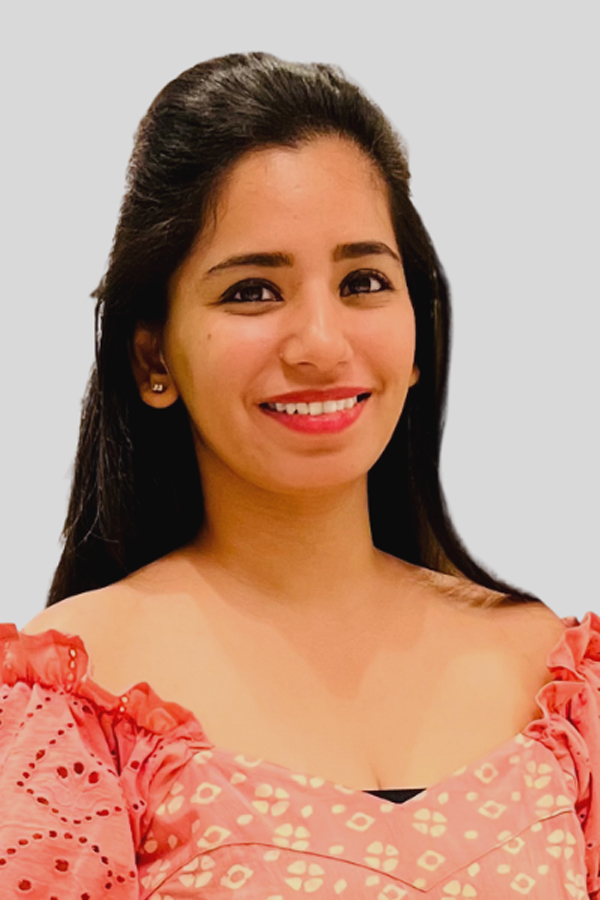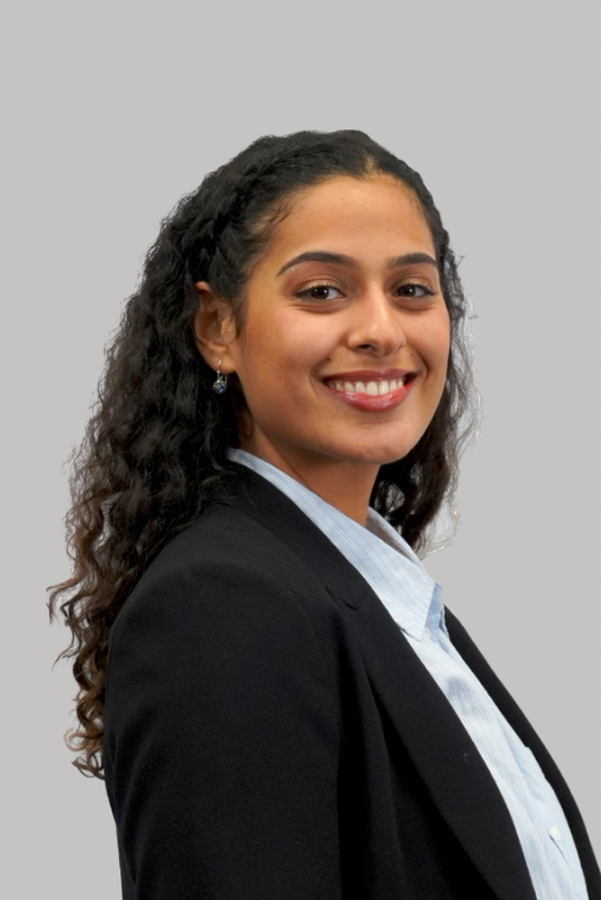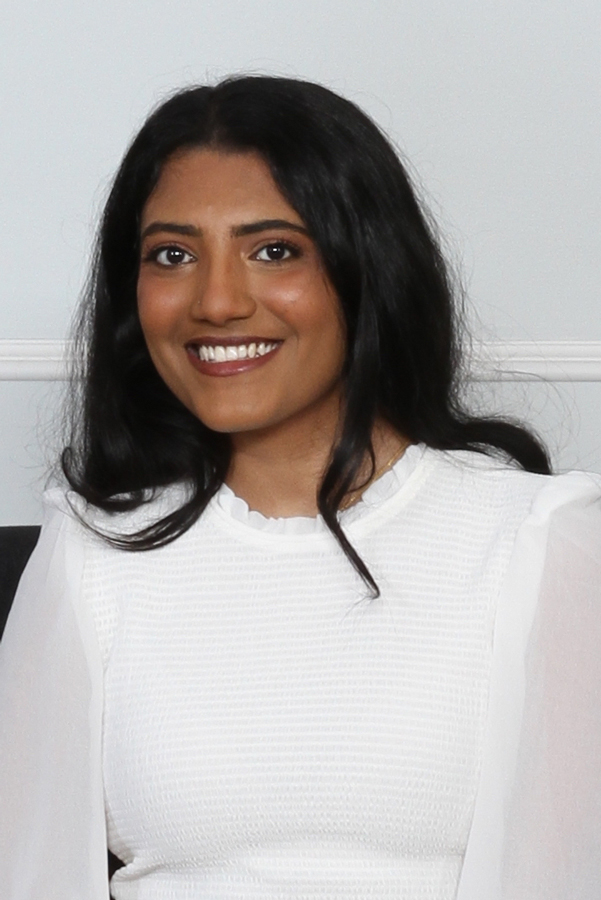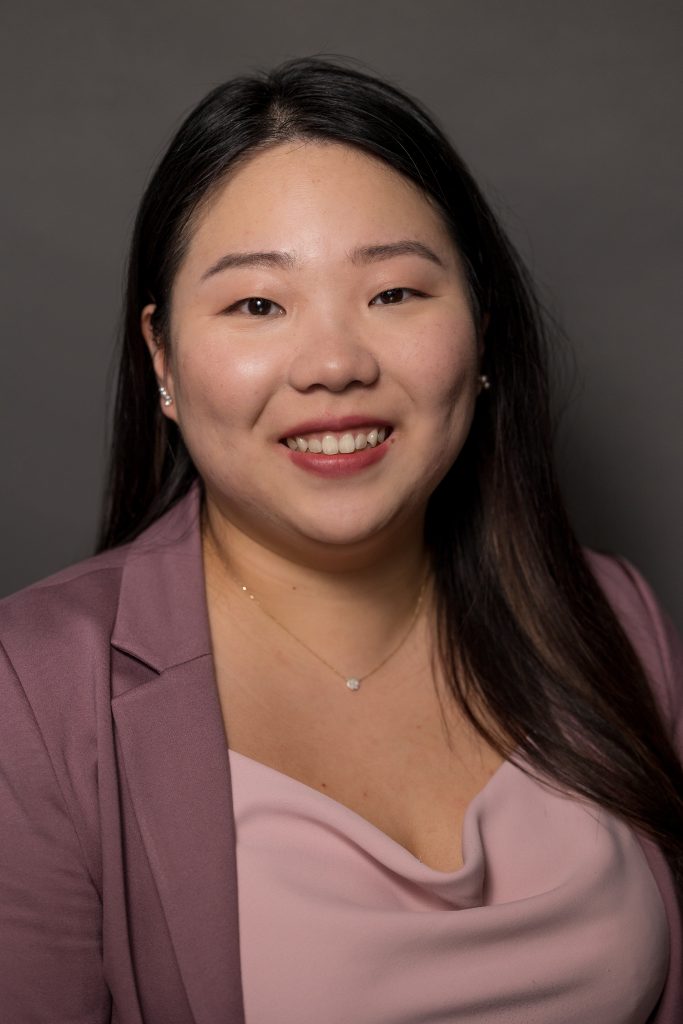About us
The purpose of this project is to enhance the implementation of Measurement-Based Care (MBC) within Youth Wellness Hubs Ontario (YWHO) Networks, with a focus on youth accessing counselling services. Recognizing challenges in the standardized practice of MBC, this project aims to co-develop and evaluate a youth-friendly tool that fosters engagement and shared decision-making of youth in MBC. By actively involving youth advisors and employing a comprehensive methodology, the project seeks to improve treatment engagement, increase MBC uptake, and ultimately enhance the quality of counselling services for youth within the YWHO Networks.
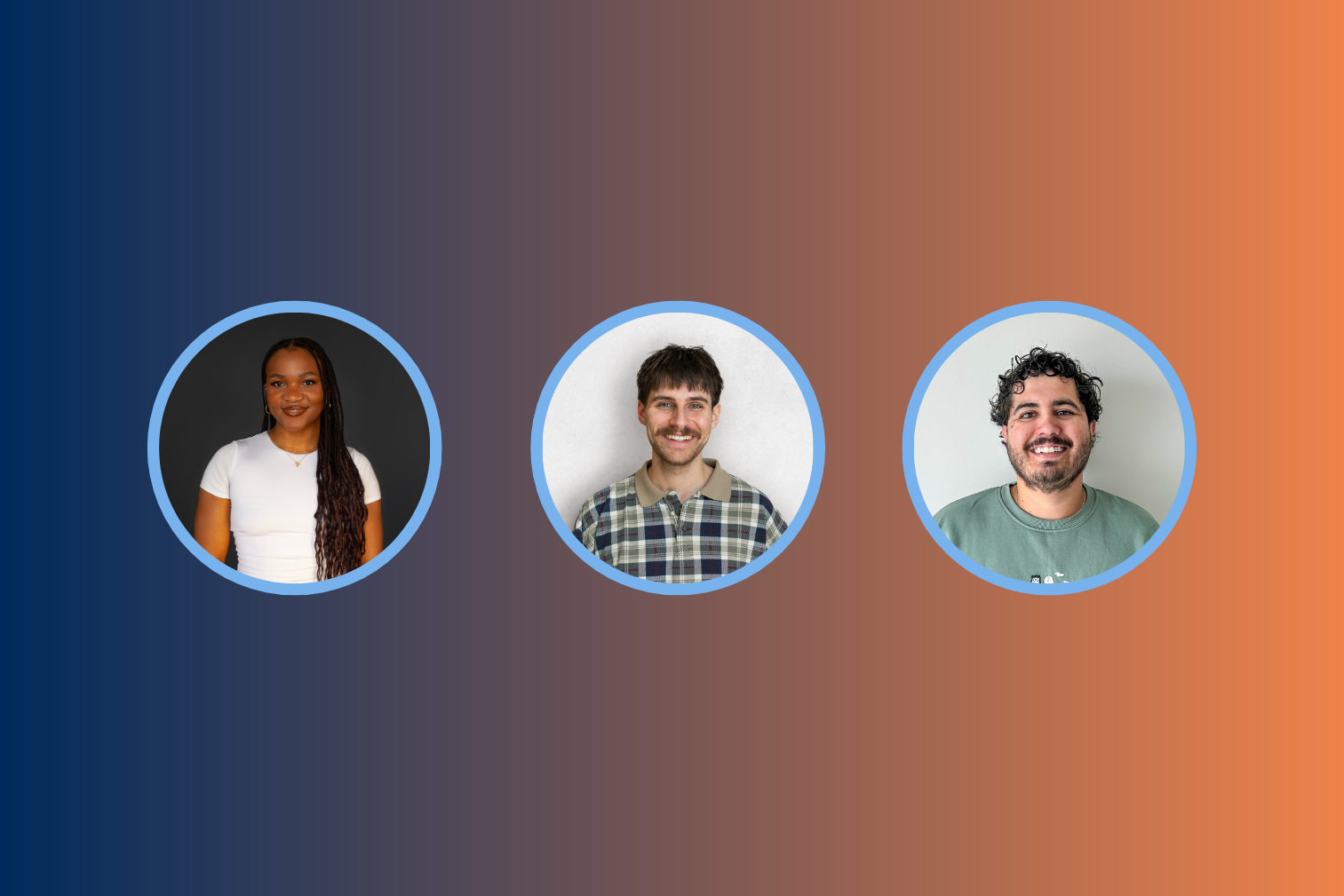
Background
This project addresses the challenges surrounding the implementation of Measurement-Based Care (MBC) within the Youth Wellness Hubs Ontario (YWHO) Networks, particularly focusing on integrated counselling services for youth aged 12-25. MBC, the routine use of validated measures to tailor treatment and promote shared decision-making, faces low rates of implementation in practice. The project’s inception stemmed from a comprehensive environmental scan, including a preliminary survey of youth with lived/living experience accessing counselling services. Despite familiarity with MBC, respondents expressed a lack of understanding of its impact, highlighting a crucial gap in engagement.
The YWHO’s Integrated Youth Services (IYS) model, aimed at delivering timely and relevant services, forms the contextual framework for the project. MBC is a vital tool used within IYS, especially in counselling. The project’s overarching goal is to design and evaluate a tool that bridges the identified gaps in youth engagement with MBC. This youth-friendly tool seeks to foster dialogue, active involvement, and shared decision-making in counselling. The expected beneficiaries encompass YWHO partners, including clients, families, staff, and policy makers, with the potential to positively impact health outcomes and service delivery.
The environmental scan, involving a preliminary survey distributed through community networks and organizations, provided valuable insights. Contrary to assumptions that low implementation of MBC was due to youth’s lack of understanding or interest, youth respondents understood the purpose of and were interested in MBC, but reported feeling disconnected from the processes and its impact on their counselling journey. This underscored the need for a targeted intervention to enhance youth engagement in MBC practices. The project’s methodology involves the active participation of youth, youth advisors, and project partners, aligning with the collaborative spirit ingrained in the culture of YWHO.
Together with youth advisors with lived/living experience of accessing counselling services, a tool will be co-developed to foster engagement and shared decision-making in MBC. To understand if the tool may be effective in increasing engagement in care, this tool will be evaluated with a survey and focus groups with youth aged 12-25 who report having accessed counselling services at YWHO presently or in the past. Counsellors who provide counselling services at YWHO will also be asked to evaluate the tool through a survey. The findings of the survey and focus groups will be used to refine the tool for implementation in counselling services at YWHO and wider dissemination.
In summary, this project represents a significant step towards enhancing the quality of counselling services for youth within the YWHO Networks. By co-designing and evaluating a youth-friendly tool, the project strives to empower youth in their counselling experiences, fostering a culture of shared decision-making and improved treatment engagement. The findings are expected to contribute not only to individual treatment plans but also to the broader body of evidence on youth perspectives within integrated youth services in Ontario.
Capstone introduction video
Watch the video to learn more about the capstone project.
Capstone defense video
Watch the group’s capstone defense.
Mindsense presents research at the #FRAYME2024 Learning Institute
Second-year Translational Research Program (TRP) students Brianna Dunstan, Izzar Linares, and Matt Prebeg presented their research at the #FRAYME2024 Learning Institute.
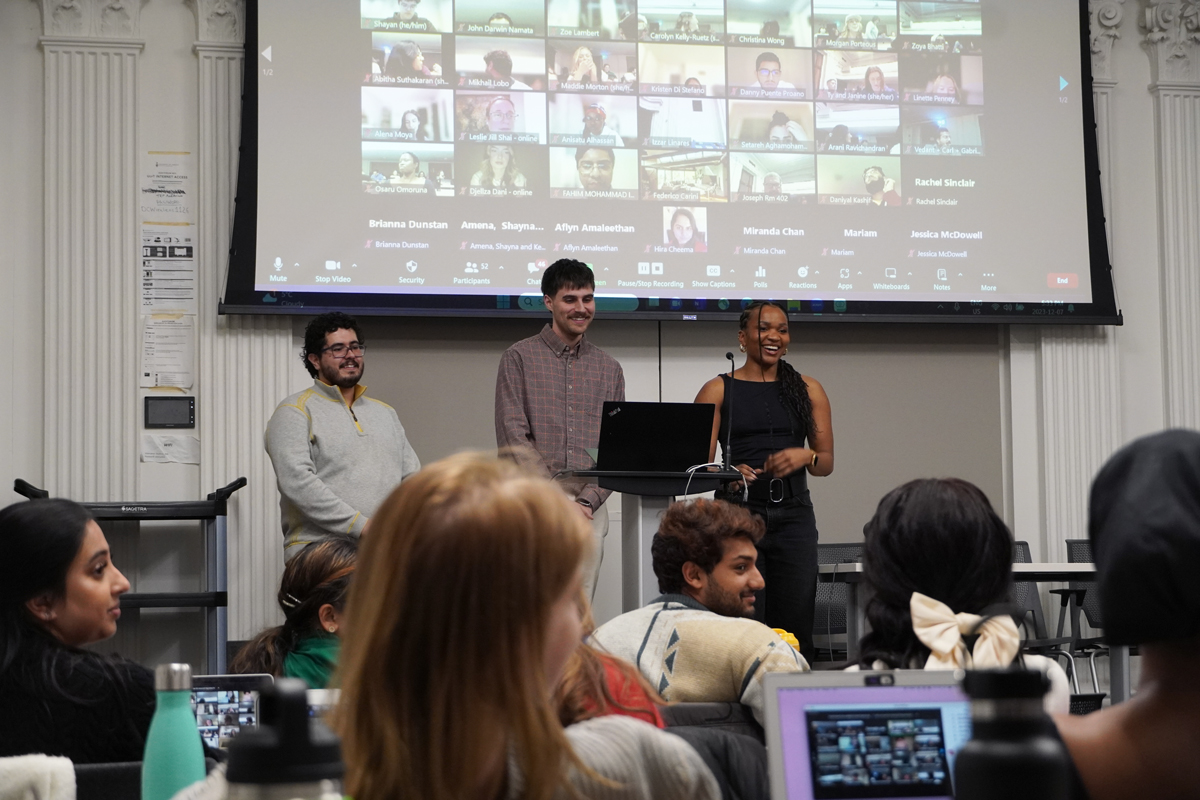
Team members
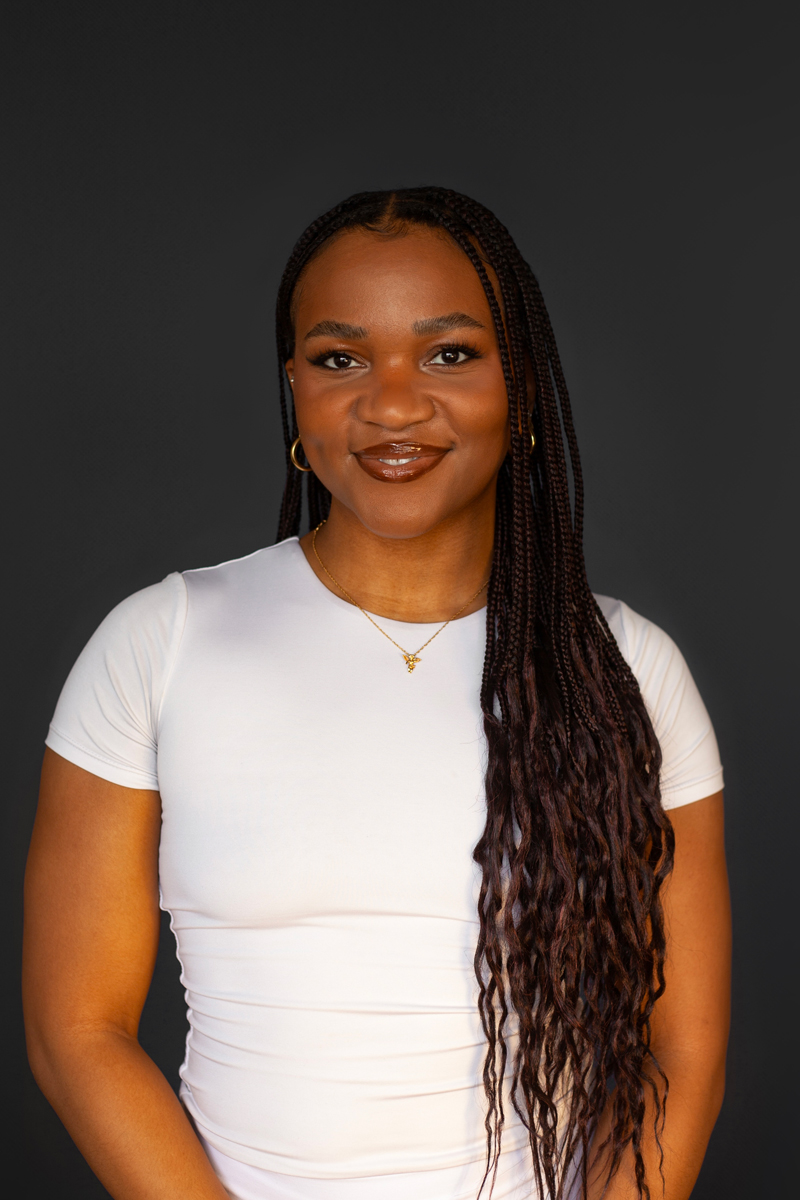
Brianna Dunstan
With a keen interest in fostering inclusivity in healthcare, Brianna has accumulated over 2 years of research experience in inclusive patient engagement. Their commitment to health equity and representation in health research and innovation is evident in their academic pursuits and research endeavours.
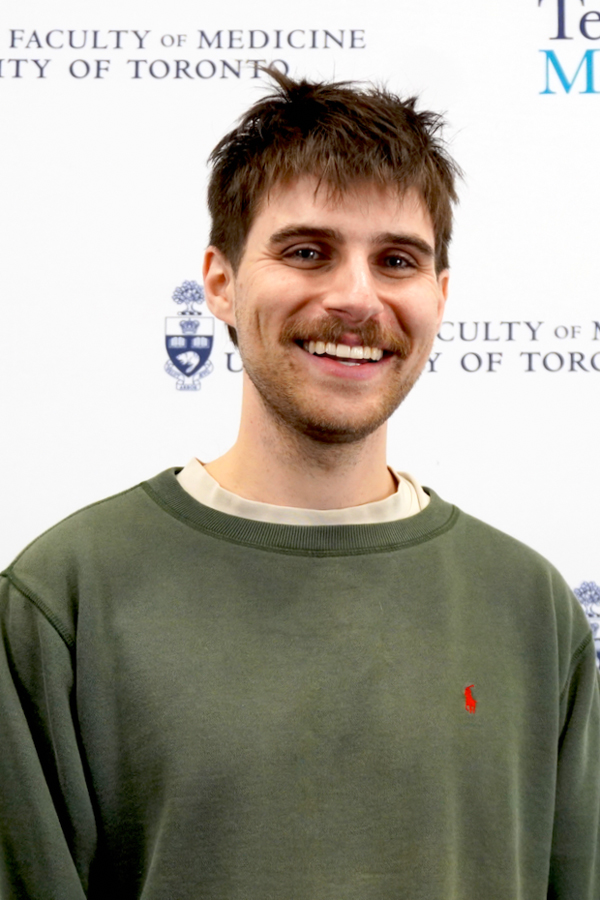
Matthew Prebeg
I'm sitting at an intersection of art and research, looking for ways to bridge my creative interests with my scientific ones. Passionate youth mental health advocate

Izzar Linares
See Izzar's full profileProject Advisory Committee
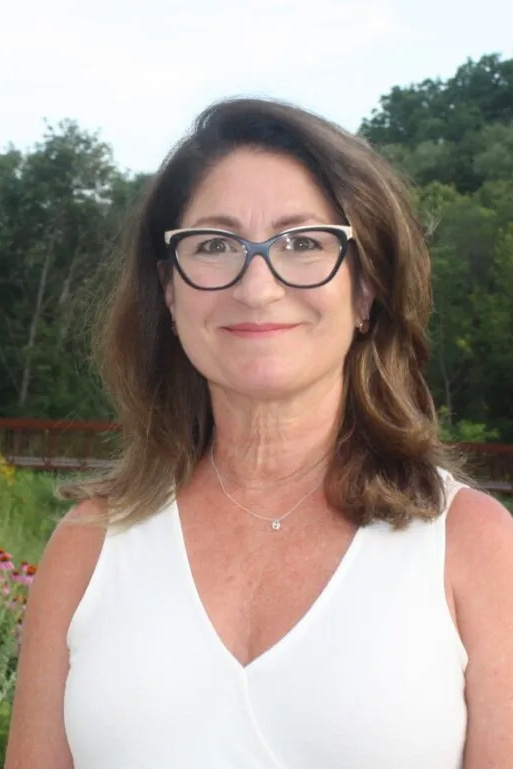
Sandra Palmaro
Sandra has spent more than 25 years in leadership positions in the corporate, not for profit, and education sectors. After 14 years with Microsoft Canada, Sandra held leadership roles at SickKids Foundation, Canadian Breast Cancer Foundation and, most recently, at Wilfrid Laurier University.
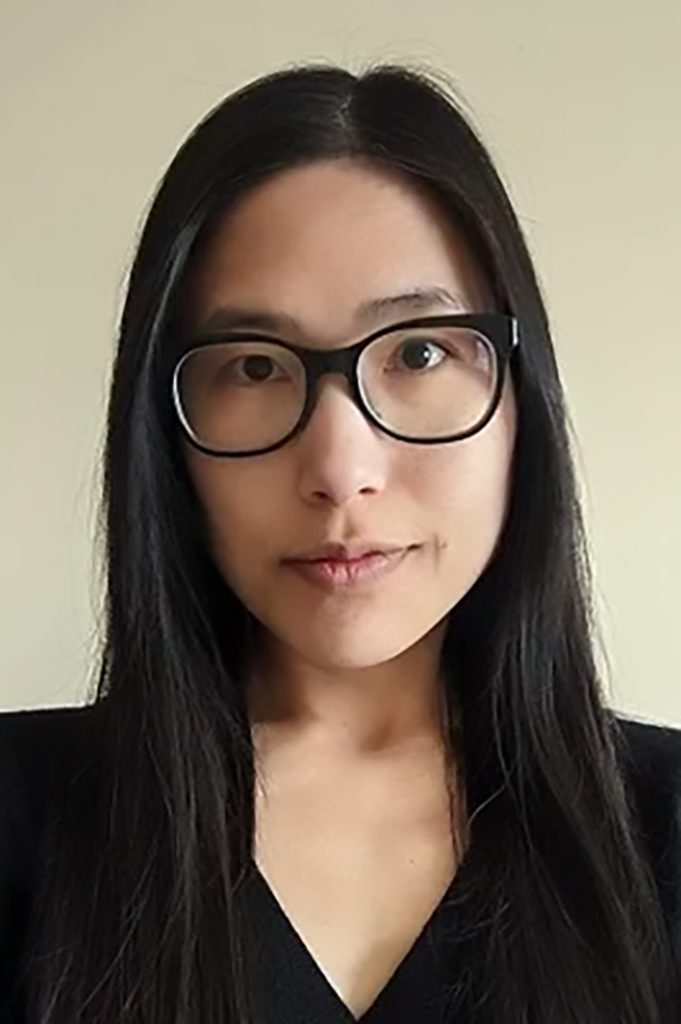
Emily Tam
Emily is a registered Nutritionist/Dietitian who provides nutrition counselling using an approach founded on the principles of collaborating with clients to identify realistic goals and supporting them in implementing their individualized nutrition plans. She is especially passionate about supporting people to achieve recovery from disordered eating and eating disorders.
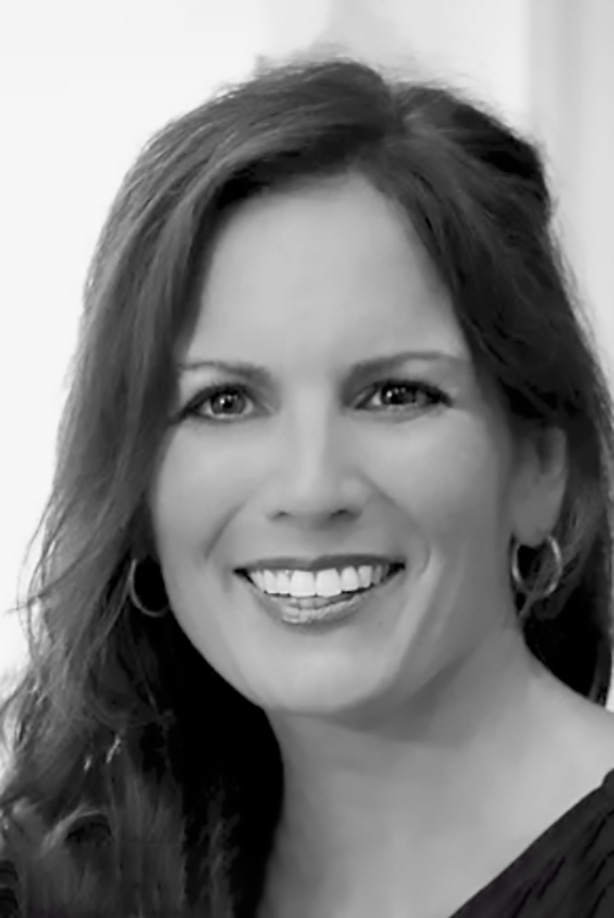
Anita Federici
Dr. Anita Federici is a Clinical Psychologist and the Owner of The Centre for Psychology and Emotion Regulation, a private Clinic specializing in the assessment and treatment of eating disorders, personality disorders, and trauma. Anita has an established reputation for her work as a therapist, clinical trainer, researcher, program director and consultant.
TRP Supervisors
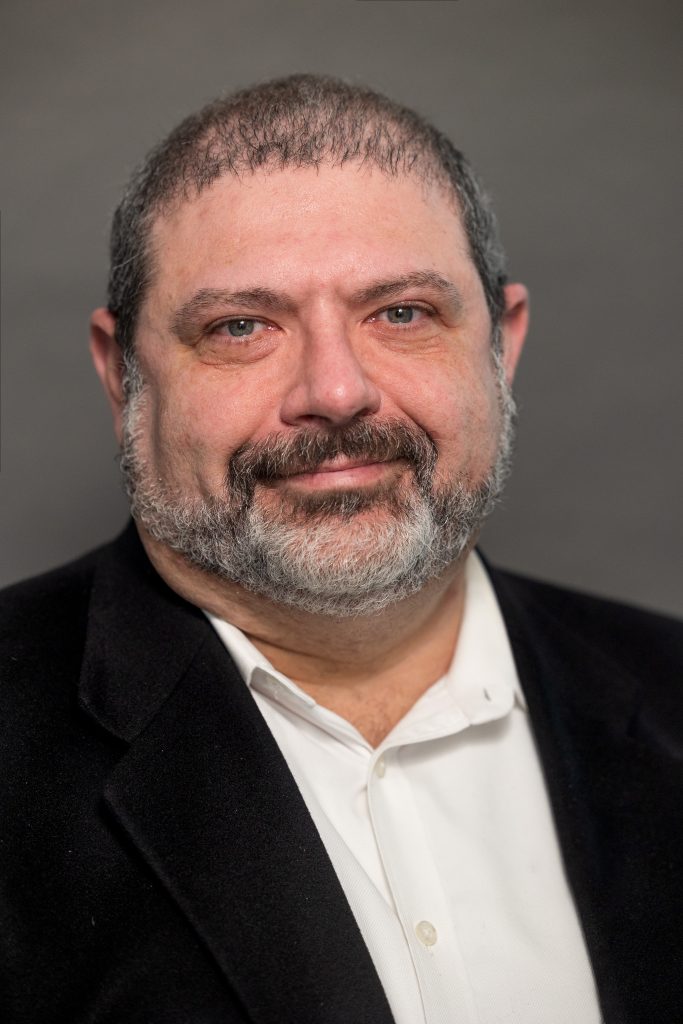
Dr. Joseph Ferenbok
Driven to improve patient care, Prof. Ferenbok catapults projects forward with passion, wisdom, and a contagious chuckle. He is an Associate Director of the Health Innovation Hub, a Faculty of Medicine initiative intended to connect, align, serve, and facilitate the translation, innovation, and commercialization of 'Health Matters'.
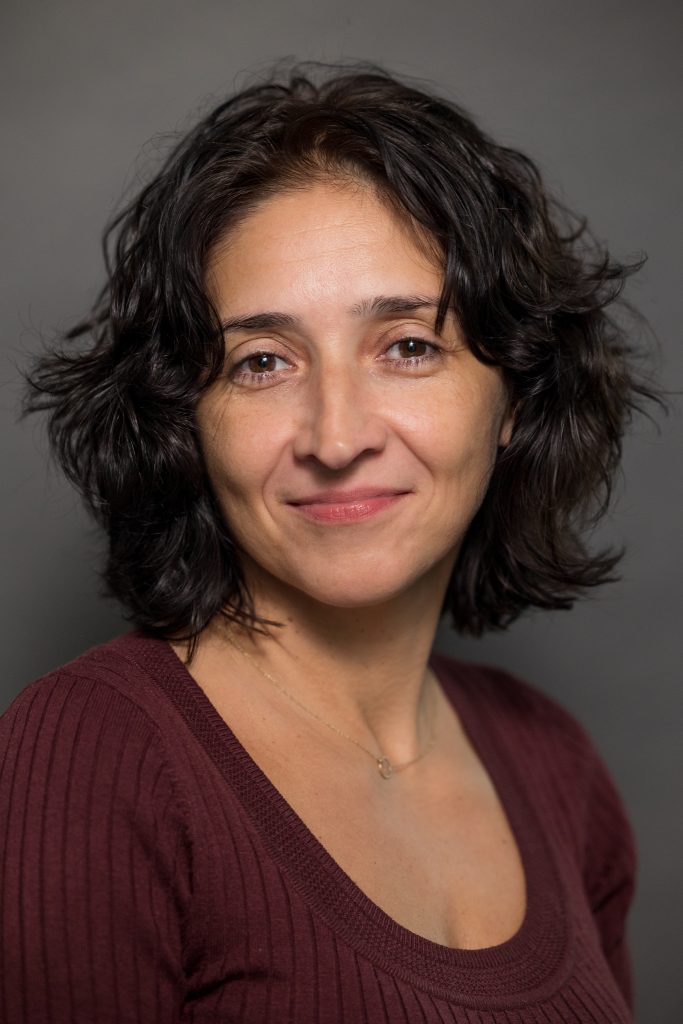
Dr. Edyta Marcon
Edyta loves to encounter new questions, apply new knowledge, and meet new people. As a Senior Research Associate at the U of T Donnelly Centre, she currently studies how RNA modifications regulate gene expression and how they relate to human health and disease. Her interests extend beyond the laboratory into the application of scientific research using human centric design thinking.
